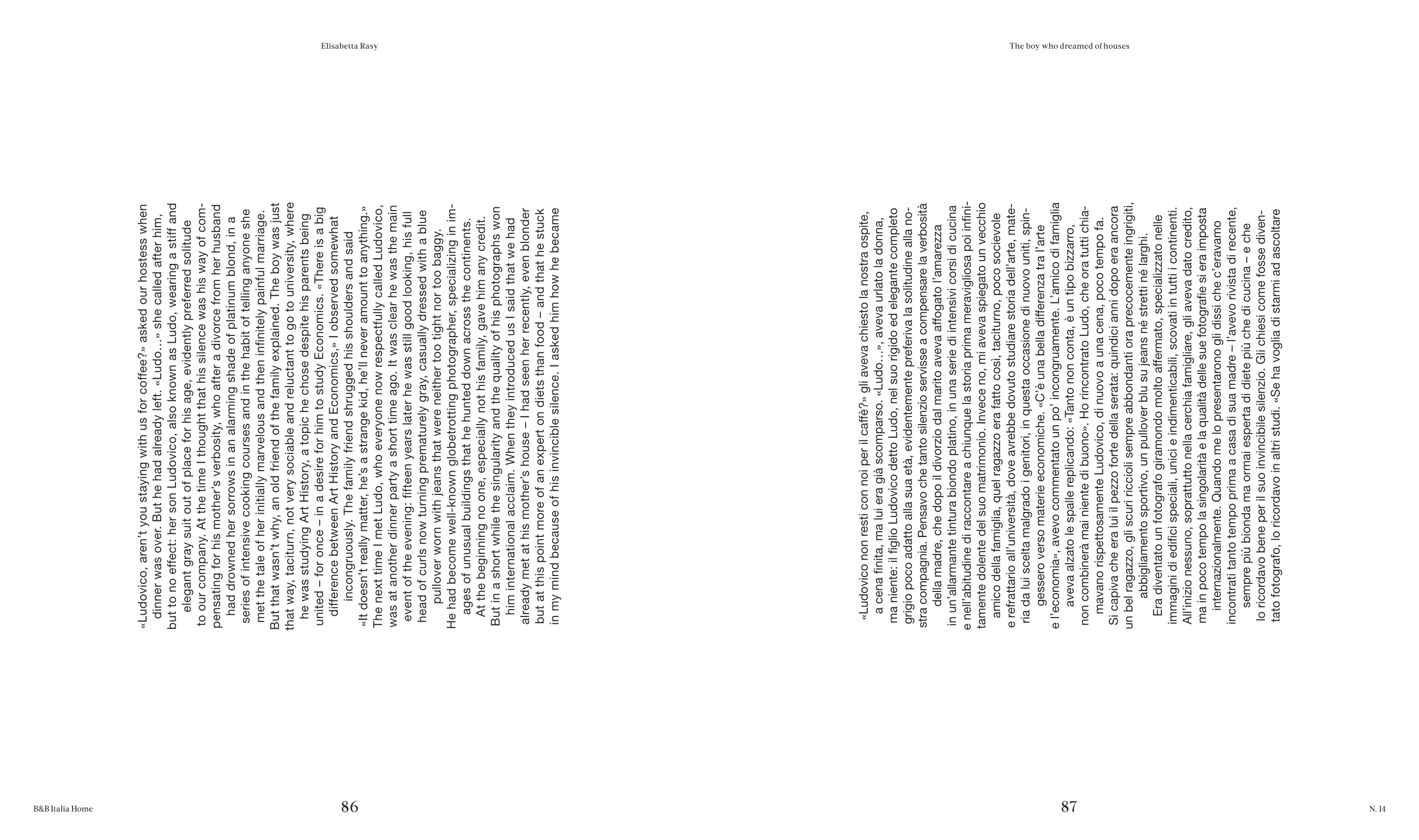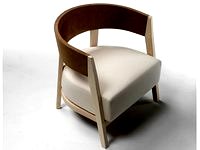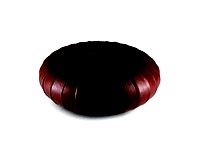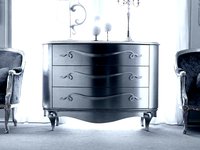86
87
B&B Italia Home
N. 14
«Ludovico, aren’t you staying with us for coffee?» asked our hostess when
dinner was over. But he had already left. «Ludo…» she called after him,
but to no effect: her son Ludovico, also known as Ludo, wearing a stiff and
elegant gray suit out of place for his age, evidently preferred solitude
to our company. At the time I thought that his silence was his way of com-
pensating for his mother’s verbosity, who after a divorce from her husband
had drowned her sorrows in an alarming shade of platinum blond, in a
series of intensive cooking courses and in the habit of telling anyone she
met the tale of her initially marvelous and then infinitely painful marriage.
But that wasn’t why, an old friend of the family explained. The boy was just
that way, taciturn, not very sociable and reluctant to go to university, where
he was studying Art History, a topic he chose despite his parents being
united – for once – in a desire for him to study Economics. «There is a big
difference between Art History and Economics,» I observed somewhat
incongruously. The family friend shrugged his shoulders and said
«It doesn’t really matter, he’s a strange kid, he’ll never amount to anything.»
The next time I met Ludo, who everyone now respectfully called Ludovico,
was at another dinner party a short time ago. It was clear he was the main
event of the evening: fifteen years later he was still good looking, his full
head of curls now turning prematurely gray, casually dressed with a blue
pullover worn with jeans that were neither too tight nor too baggy.
He had become well-known globetrotting photographer, specializing in im-
ages of unusual buildings that he hunted down across the continents.
At the beginning no one, especially not his family, gave him any credit.
But in a short while the singularity and the quality of his photographs won
him international acclaim. When they introduced us I said that we had
already met at his mother’s house – I had seen her recently, even blonder
but at this point more of an expert on diets than food – and that he stuck
in my mind because of his invincible silence. I asked him how he became
«Ludovico non resti con noi per il caffè?» gli aveva chiesto la nostra ospite,
a cena finita, ma lui era già scomparso. «Ludo…», aveva urlato la donna,
ma niente: il figlio Ludovico detto Ludo, nel suo rigido ed elegante completo
grigio poco adatto alla sua età, evidentemente preferiva la solitudine alla no-
stra compagnia. Pensavo che tanto silenzio servisse a compensare la verbosità
della madre, che dopo il divorzio dal marito aveva affogato l’amarezza
in un’allarmante tintura biondo platino, in una serie di intensivi corsi di cucina
e nell’abitudine di raccontare a chiunque la storia prima meravigliosa poi infini-
tamente dolente del suo matrimonio. Invece no, mi aveva spiegato un vecchio
amico della famiglia, quel ragazzo era fatto così, taciturno, poco socievole
e refrattario all’università, dove avrebbe dovuto studiare storia dell’arte, mate-
ria da lui scelta malgrado i genitori, in questa occasione di nuovo uniti, spin-
gessero verso materie economiche. «C’è una bella differenza tra l’arte
e l’economia», avevo commentato un po’ incongruamente. L’amico di famiglia
aveva alzato le spalle replicando: «Tanto non conta, è un tipo bizzarro,
non combinerà mai niente di buono». Ho rincontrato Ludo, che ora tutti chia-
mavano rispettosamente Ludovico, di nuovo a una cena, poco tempo fa.
Si capiva che era lui il pezzo forte della serata: quindici anni dopo era ancora
un bel ragazzo, gli scuri riccioli sempre abbondanti ora precocemente ingrigiti,
abbigliamento sportivo, un pullover blu su jeans né stretti né larghi.
Era diventato un fotografo giramondo molto affermato, specializzato nelle
immagini di edifici speciali, unici e indimenticabili, scovati in tutti i continenti.
All’inizio nessuno, soprattutto nella cerchia famigliare, gli aveva dato credito,
ma in poco tempo la singolarità e la qualità delle sue fotografie si era imposta
internazionalmente. Quando me lo presentarono gli dissi che c’eravamo
incontrati tanto tempo prima a casa di sua madre – l’avevo rivista di recente,
sempre più bionda ma ormai esperta di diete più che di cucina – e che
lo ricordavo bene per il suo invincibile silenzio. Gli chiesi come fosse diven-
tato fotografo, lo ricordavo in altri studi. «Se ha voglia di starmi ad ascoltare
The boy who dreamed of houses
Elisabetta Rasy







